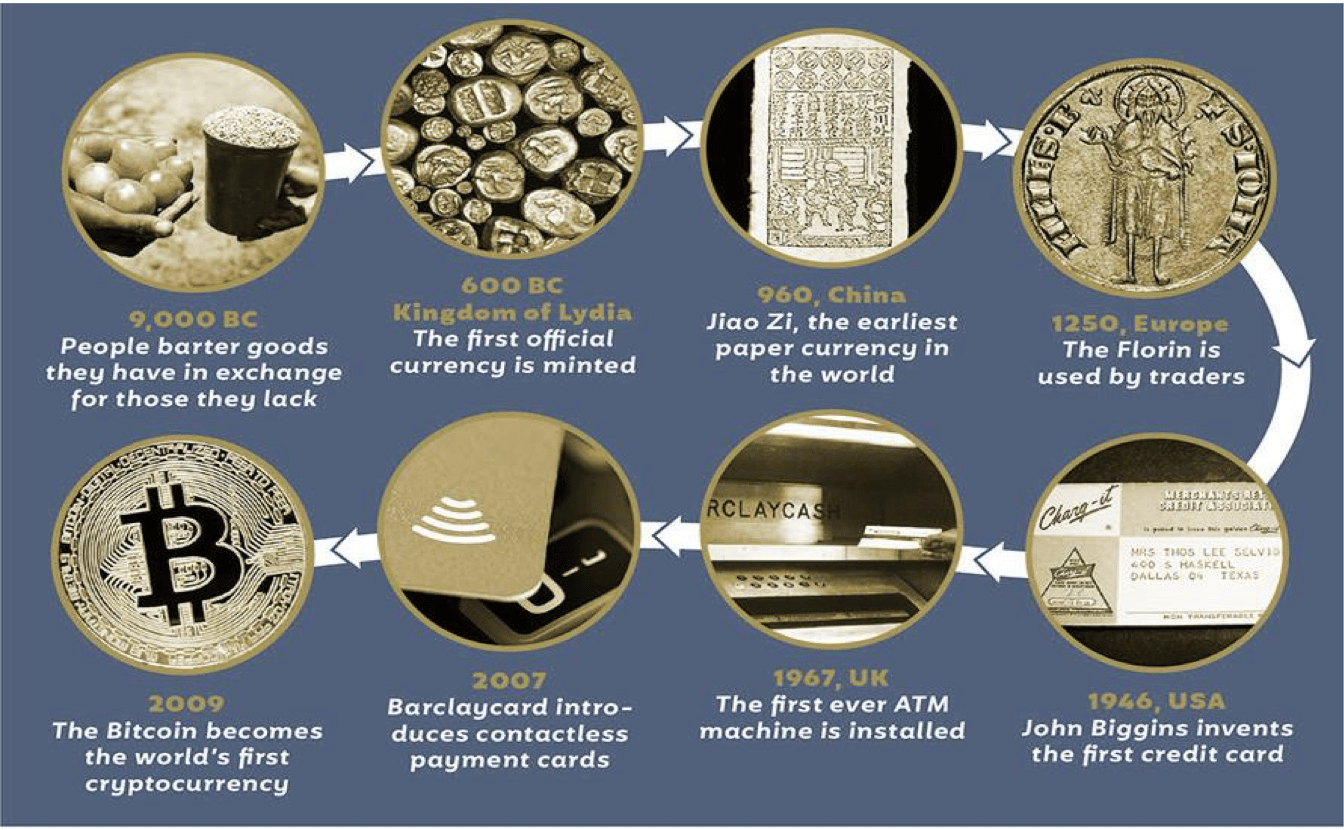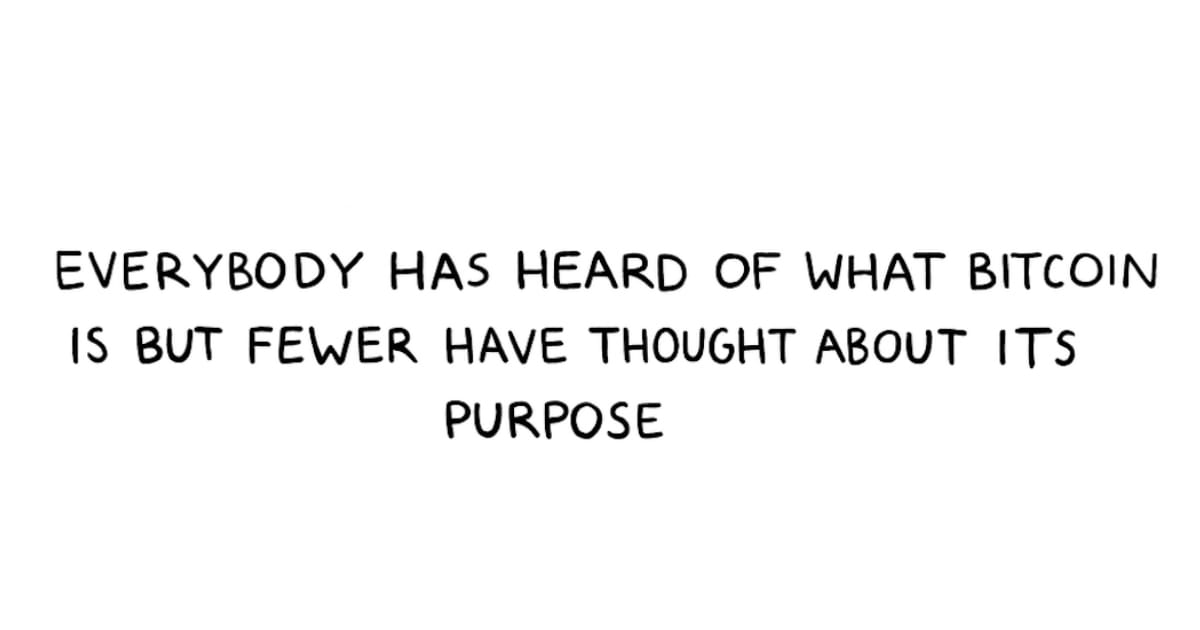Everybody has heard of what Bitcoin is, the price fluctuation it has or the big money involved in it. But fewer people know that it has been created to disrupt the economic system that has been leading our world since the creation of humanity, a system where just a little circle of people has the real power to decide wether something happens or it doesn’t, just as your boss at work when he decides to do something without having in consideration your opinion.

This is where Bitcoin enters the field. First of all, lets quickly remember its properties:
A database no one controls
A money supply that never changes
A network that runs on incentives, not institutions
A system where rules cannot be bent
Seeing these properties all I want is Bitcoin taking the world control, but it isn’t exactly as stated. So the question really becomes “What means to change the economic system ?“
Changing the economic system could imply changing how money is created, moved, stored … Sectors that Bitcoin has already touched and started getting implemented into, but only in very specific pockets of the world.
Because here’s the key point:
Bitcoin doesn’t replace the economic system by flipping a switch. It challenges it by offering a parallel one — and forcing people to compare.
For the first time, anyone with an internet connection can choose a form of money that isn’t issued by a government, isn’t adjusted by a committee, and doesn’t depend on a bank to function. That option alone already creates pressure. If people can exit, institutions must behave differently to keep them inside.
But has Bitcoin actually changed anything yet? In some places, yes — and in others, not at all.
